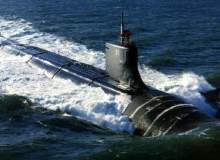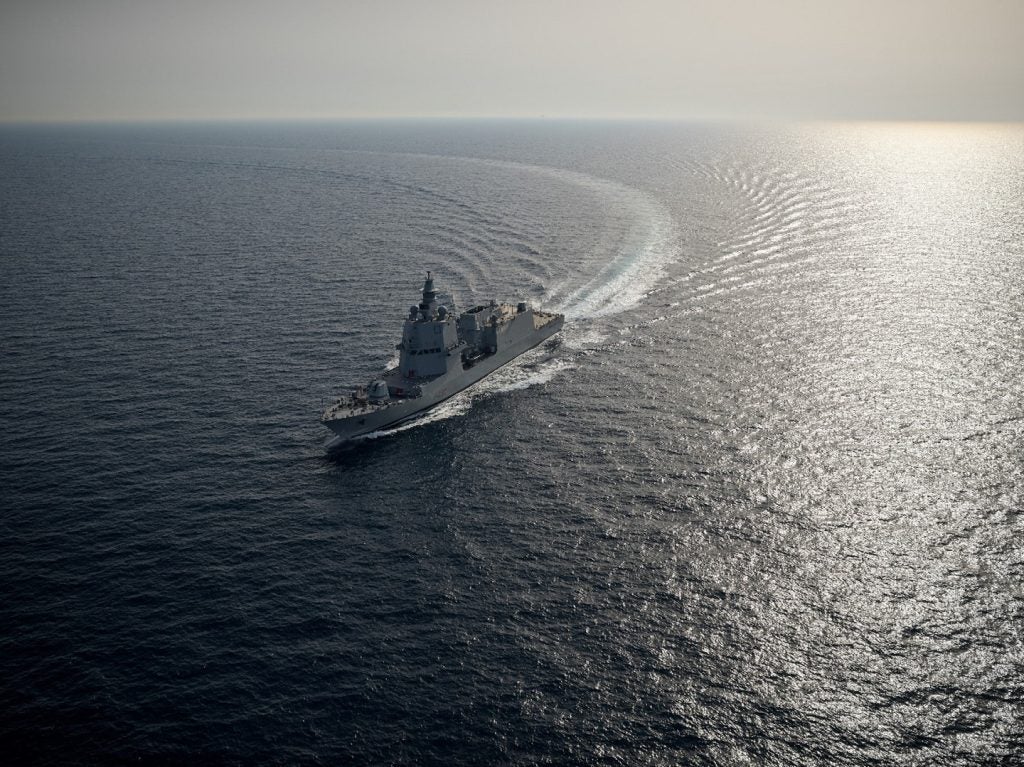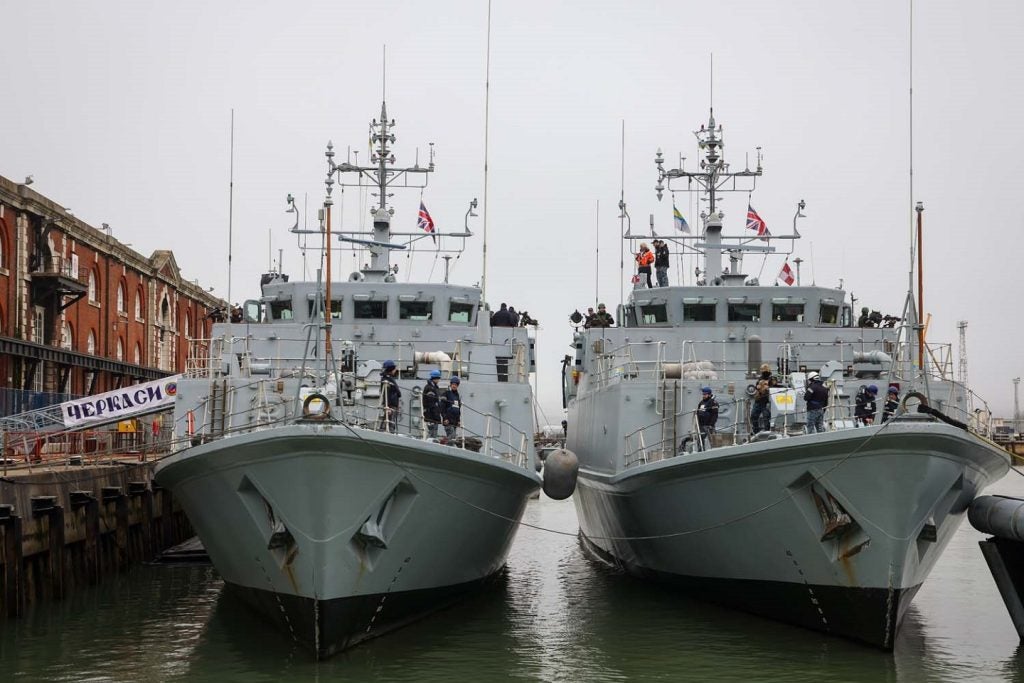
Frances Cook: What key challenges are currently facing the naval recruitment industry as a whole?
Natalie Desty: Skills shortages are the biggest problem. The different sectors of marine have never got together and discussed how they will safeguard for the future.
The only area that has done this is renewables. Nuclear has also done something similar with the Nuclear Engineering Council, but historically defence have not done this and now the sector is really struggling to recruit the number of people required.
Other challenges include the rise of rival industries, such as nuclear, construction and oil and gas, which are offering good rates of pay and attracting people back. We are losing a lot of people who are trained in the marine sector to other industries.
Another big challenge to the industry comes as a result of the changes that have been made to the points-based system – changes to the UK’s entry and visa requirements will put a further strain on the marine recruitment market.
How well do you really know your competitors?
Access the most comprehensive Company Profiles on the market, powered by GlobalData. Save hours of research. Gain competitive edge.

Thank you!
Your download email will arrive shortly
Not ready to buy yet? Download a free sample
We are confident about the unique quality of our Company Profiles. However, we want you to make the most beneficial decision for your business, so we offer a free sample that you can download by submitting the below form
By GlobalDataOn 6 April 2011 the Tier 1 sponsorship route was closed for new applications and from April 2012 graduate students will no longer be eligible to apply for leave to remain in the UK, unless they are offered a position from a sponsoring employer.
See Also:
This change will have a huge knock-on effect as now there is a much smaller pool of graduates for all the sectors to recruit from.
FC: Which naval projects are currently bolstering recruitment in the UK?
ND: Naval Shipyards and defence suppliers are continuing to experience a peak in the demand for shipbuilding design, engineering and build personnel mainly due to the Queen Elizabeth Class (QEC) project.
This need is expected to continue into next year and will then be replaced by recruitment for the Type 26 and Successor submarine programmes, suggesting sustained recruitment for the next ten years.
The Type 26 project will require a huge number of engineers across all disciplines, notably naval architects, mechanical / electrical design engineers, project engineers / managers, planners and support staff.
Current recruitment methods are not sufficient to provide the number of engineers required. The prime contractors will need to develop innovative methods to attract engineers to guarantee its delivery at the agreed timescales.
Recruitment for the Successor submarine project will again see huge challenges for BAE and Babcock, the primary contractors. The amount of Engineers required for the length of the project is not sustainable in the current market.
With the growth in other engineering industries and the rise of industries, such as the marine renewables market, these organisations will need to ensure they are recruiting and training as many graduates as possible to ensure we have an engineering workforce for the future.
FC: How does Matchtech work with the industry to address key challenges and skills shortages in the industry?
ND: The company works with industry and academics and tries to ensure there’s enough graduates coming out of university to overcome the skills shortages.
We’re a partner of the Royal Institute of Naval Architects and on the training council for the British Marine Federation and have a graduate candidate attraction team that visits every university and tries to attract as many graduates as possible to engineering.
We’re currently looking at how we can influence school leavers to make career decisions earlier on as there is a real lack of engineering graduates coming out of university.
FC: How do you see the industry developing in the long term – can we expect growth when looking forward to 2020?
ND: We expect defence to stay steady and increase over the next five years.
Recruitment on the Type 26 and Successor projects, which should be 15 year projects, will provide sustained recruitment.
The export and leisure trend is a bit more difficult to predict – it should increase year on year but this depends on the global market.
Renewables is a huge growth area up to 2035. Shipping is yet to address its skills shortage so time will tell whether they look to place more emphasis on recruiting for overseas operations or have initiatives to recruit more in the UK.
Certainly at the moment we are expecting all four areas to increase recruitment up to 2020.
To find out more recruitment trends in the marine sector as a whole please click here.





